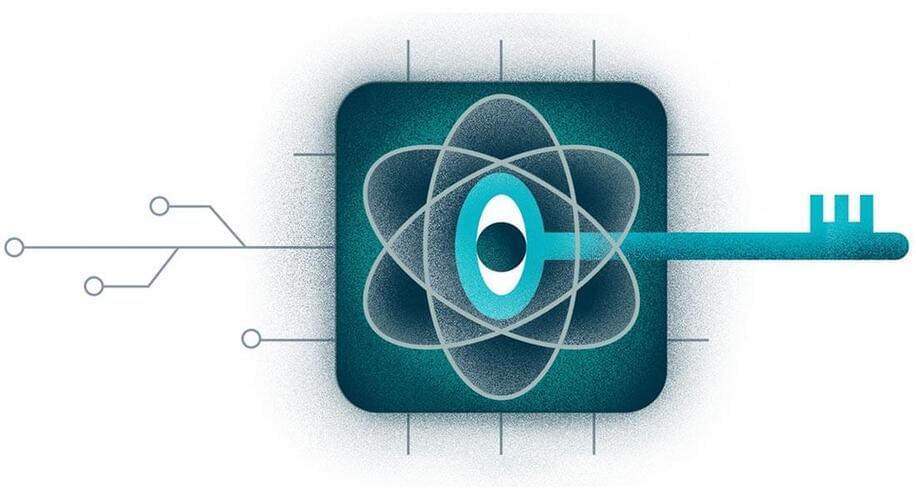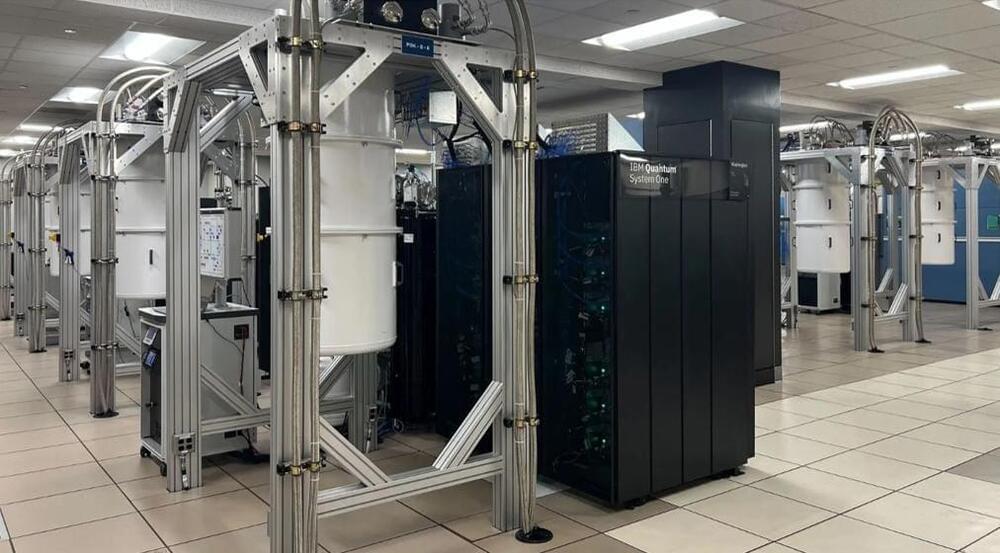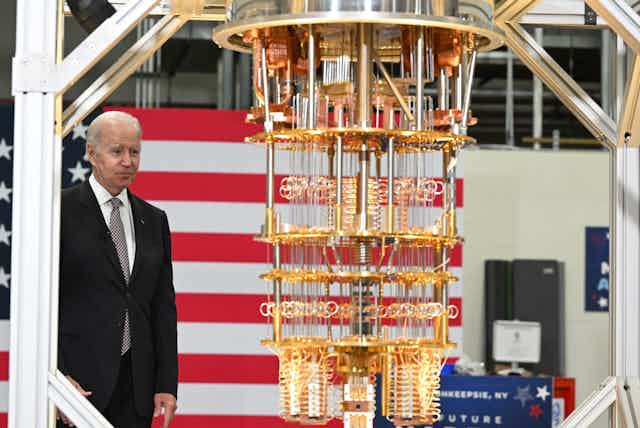Dec 15, 2023
U.S. and China race to shield secrets from quantum computers
Posted by Dan Breeden in categories: cybercrime/malcode, encryption, mathematics, quantum physics
No one knows who might get there first. The United States and China are considered the leaders in the field; many experts believe America still holds an edge.
As the race to master quantum computing continues, a scramble is on to protect critical data. Washington and its allies are working on new encryption standards known as post-quantum cryptography – essentially codes that are much harder to crack, even for a quantum computer. Beijing is trying to pioneer quantum communications networks, a technology theoretically impossible to hack, according to researchers. The scientist spearheading Beijing’s efforts has become a minor celebrity in China.
Quantum computing is radically different. Conventional computers process information as bits – either 1 or 0, and just one number at a time. Quantum computers process in quantum bits, or “qubits,” which can be 1, 0 or any number in between, all at the same time, which physicists say is an approximate way of describing a complex mathematical concept.
















